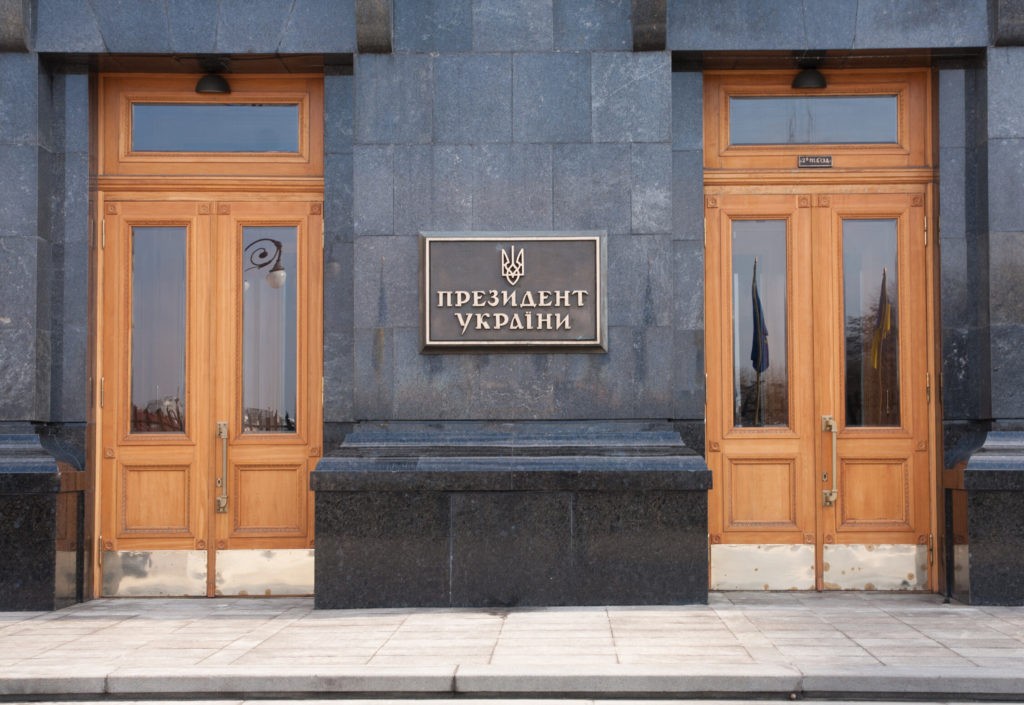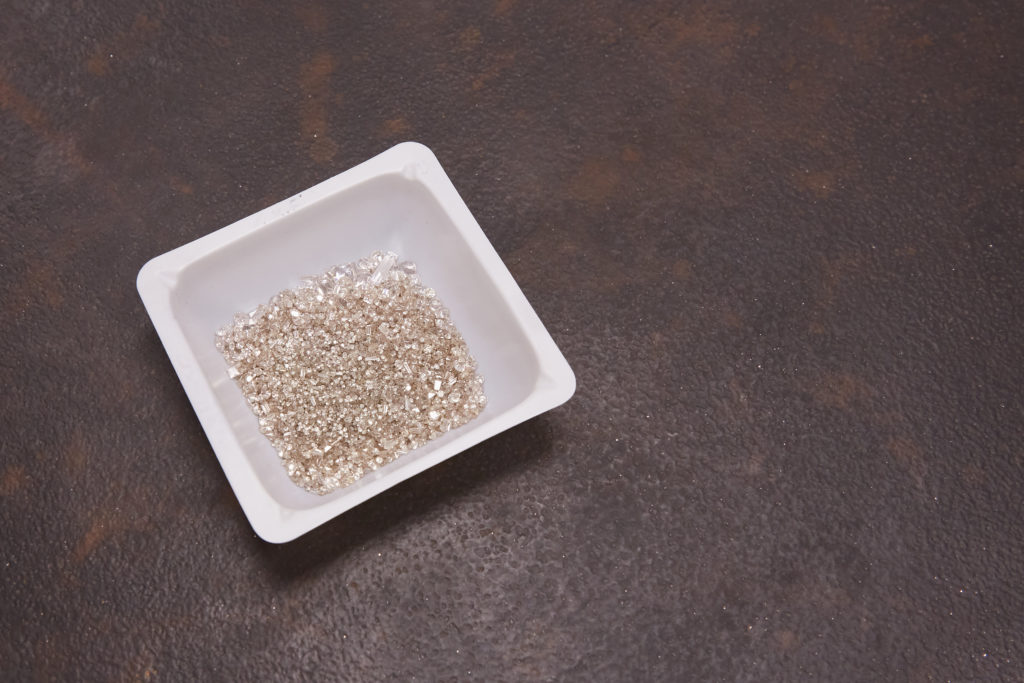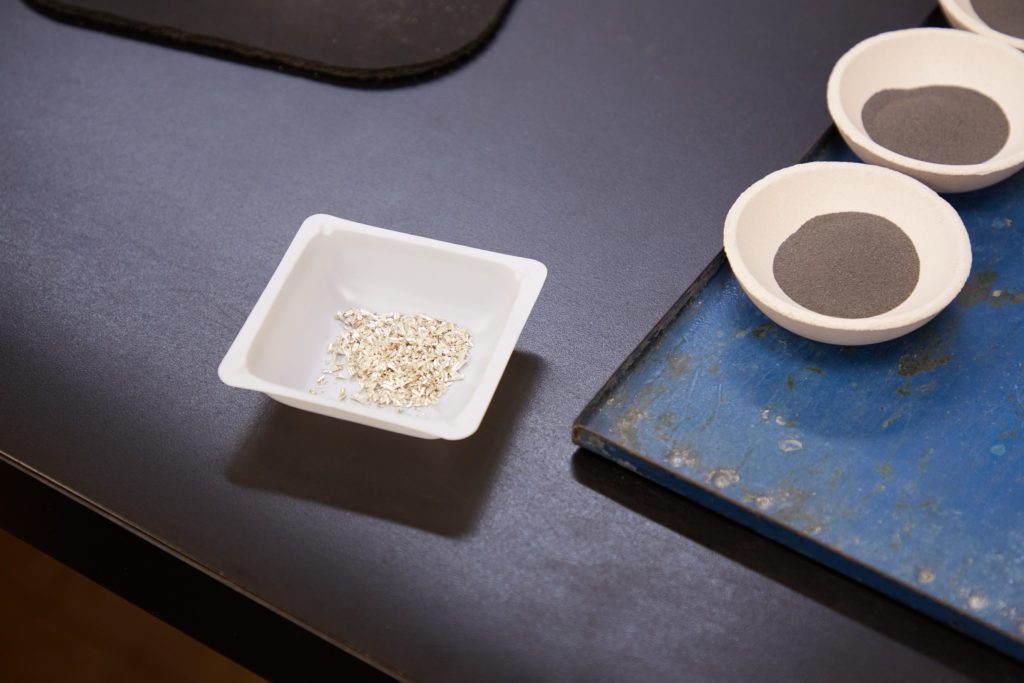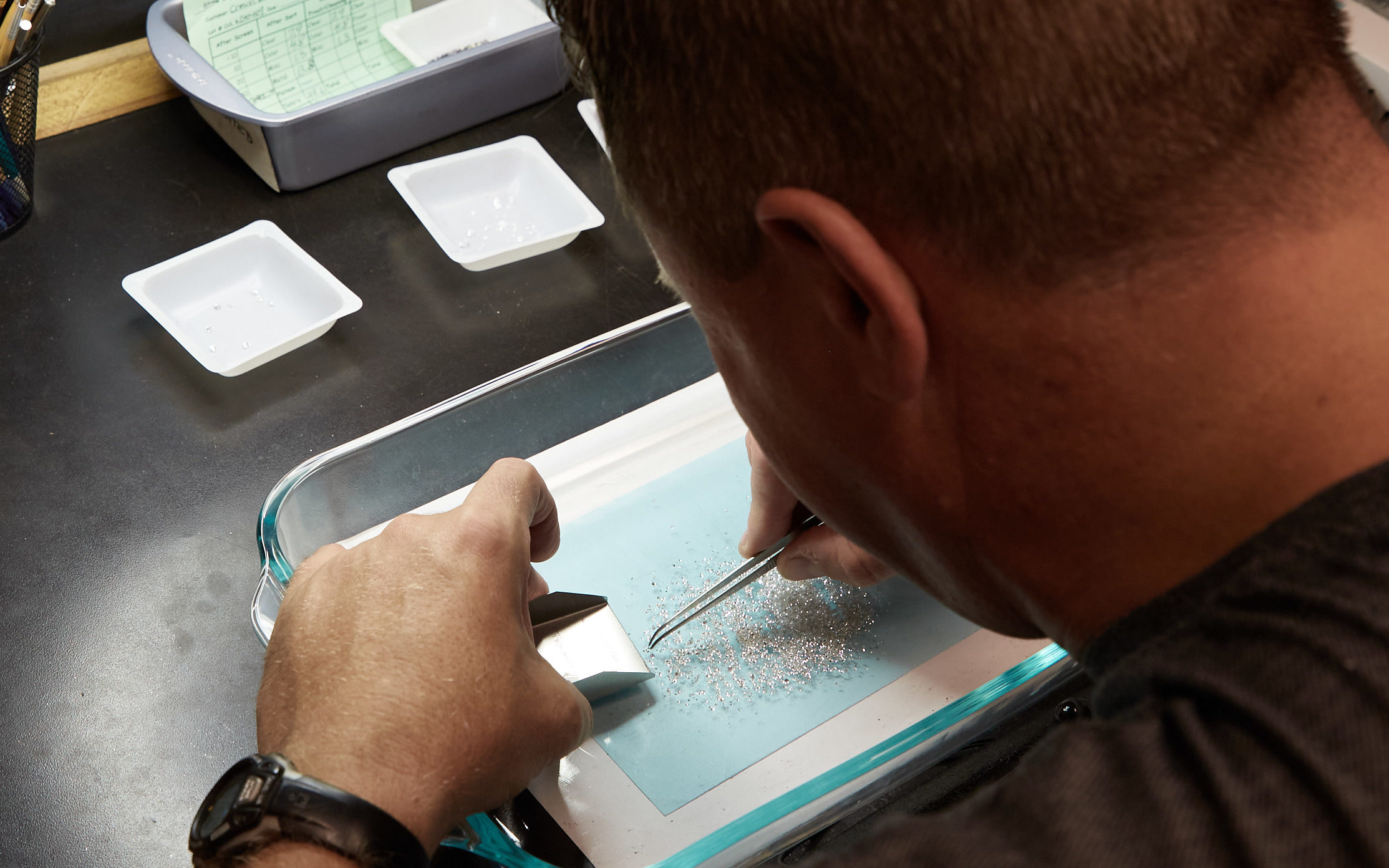Ukrainian President Volodymyr Zelensky has responded to Russia’s invasion of his country by giving talks around the world to rally support to the Ukrainian cause. On Thursday he addressed Belgium’s parliament and declared that “peace is worth more than diamonds”. He was referring to Antwerp’s gem industry, which has continued to source diamonds from Russia. The Russian government owns much of Russia’s diamond industry, raising the specter for companies and consumers that their diamond purchases could aid the war effort . Belgian jewelry companies assert that a worldwide ban on Russian diamonds is necessary, arguing that if it unilaterally stopped importing Russian diamonds they could be redirected to India or elsewhere.

Zelensky has become a revered figure, and his talks have had real world effects during the war. If a worldwide or other large boycott of Russian diamonds took hold, the effect on the diamond price could be large. Russia accounts for more than a third of the worldwide diamond market. The U.S. has already banned the import of Russian diamonds, and itself accounts for half of all worldwide diamond demand.
Could A Peace Deal Drive Down the Diamond Price?
Diamond pricing, like that of many commodities, shot up at the beginning of the war. Prices have since softened but generally remain above their pre-war levels. Some fear that consumer spending on luxury goods will decrease as the war and other issues worsen the global economy.

Recent peace talks between the Ukraine and Russia have grown increasingly optimistic. Russia has announced that it is scaling back its war-aims and adopting more limited goals, which could set the stage for a peace deal. At Pease & Curren, many of our customers send us jewelry scrap containing precious stones, especially diamonds. We hold regular auctions on stones that come through our refining process, to help our customers reclaim maximum value for the scrap. We watch the diamond market closely. Although we hesitate to predict the future, if the war ends and sanctions on Russia are rescinded, the price could drop significantly. After all, the supply limitations driving the price higher would end at the stroke of a pen with the termination of sanctions; the demand limitations caused by the worsened economy and lessened luxury spending are expected to persist long after the war formally ends.

The war can serve as a reminder of the ethical imperative to use recycled diamonds (and precious metals) as much as possible. Even without a war, mining new diamonds is significantly dirtier and more dangerous than recycling. Pease & Curren is proud to offer a mechanism to return clean, sorted, recycled diamonds to the marketplace.

Zelensky said that peace is worth more than diamonds, and we agree. But whatever the diamond market does, we can help you maximize the value of your stone-bearing scrap with our proprietary removal and refining process, by frosting, separating, and sorting your stones, and with our convenient, competitive third party auction service. Even if your melee can’t compete with peace, in our hands it is worth something.
Click here to find out more about our industry leading stone removal services.
About the Author:
Before joining Pease & Curren, Frank Curren graduated from Georgetown Law and worked for a Boston based non-profit, focusing on litigation between debtors, creditors, and debt collectors.

